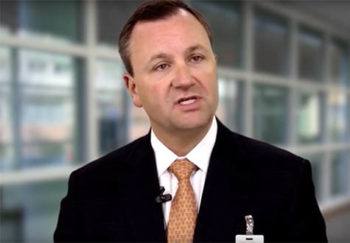
Most shoulder injuries result from ordinary wear and tear. Dr. Brockmeier, orthopedic surgeon, explains the most common types of injuries he treats with joint replacement surgery.

Most shoulder injuries result from ordinary wear and tear. Dr. Brockmeier, orthopedic surgeon, explains the most common types of injuries he treats with joint replacement surgery.

You’ve probably heard about the ketogenic diet before, but you probably didn't know variations of it can be used to treat epilepsy for patients whose seizures aren’t well managed with medication. Learn more about how it works.
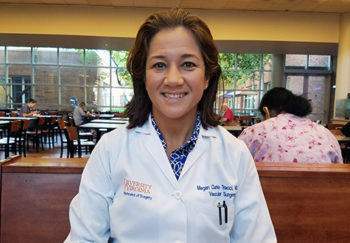
A mysterious pain in your neck could get treated with physical therapy. You could also be at risk for an aneurysm or blood clot and need surgery. Vascular surgeon Margaret Tracci, MD, explains the variations of thoracic outlet syndrome.

Your LGL leukemia prognosis will determine the type of treatment you need. Learn about the treatment options available to you.
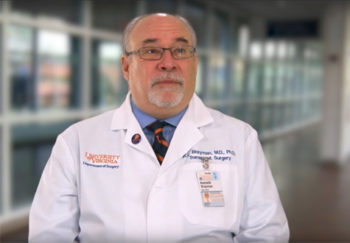
Islet cell transplants can help treat patients with diabetes or chronic pancreatitis. Learn more about the UVA islet cell transplant program in this video with Kenneth Brayman, MD.
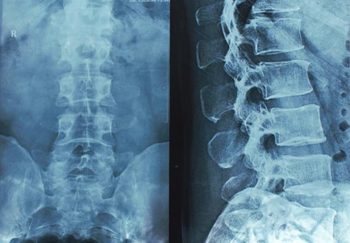
Spine surgery is painful. But good news: UVA spine surgeons like Frank Shen, MD, are busy conducting research to improve recovery and outcomes from surgery on the spine.

The UVA SPEED Clinic offers 3D motion-capture technology for not just golfers but also runners, walkers and bikers. Listen to this podcast to learn what happens at an appointment.
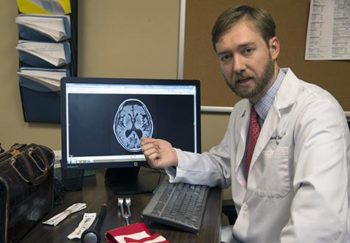
Parkinson's is a brain disorder that causes poor balance, tremors and difficulty with movements. Watch a video with two UVA neurosurgeons explaining Parkinson's treatments.

Clinical trials are scientific studies that test the effectiveness of a treatment, device or drug. Although many are hesitant to consider participating, new treatments wouldn't become available to patients without the trial process.

My favorite posts are about UVA providing support and resources for conditions that people have struggled with but might not know are treatable.
Get stories & health tips every week